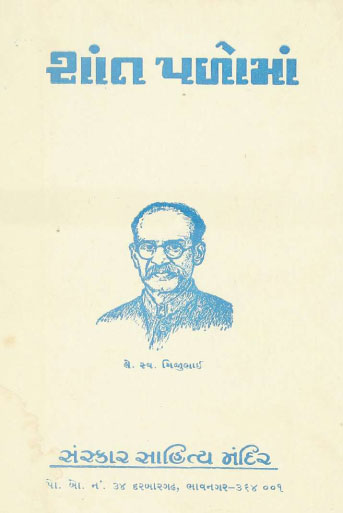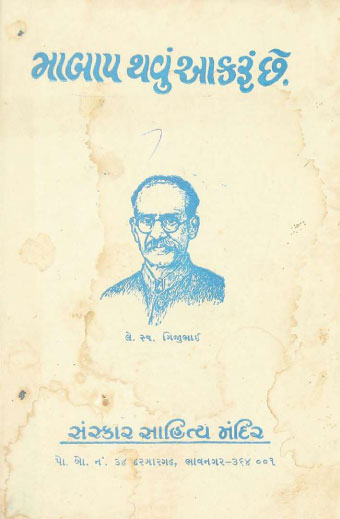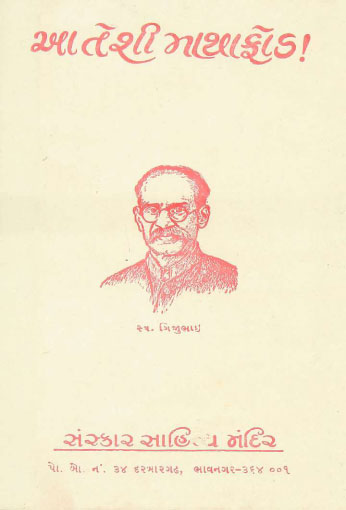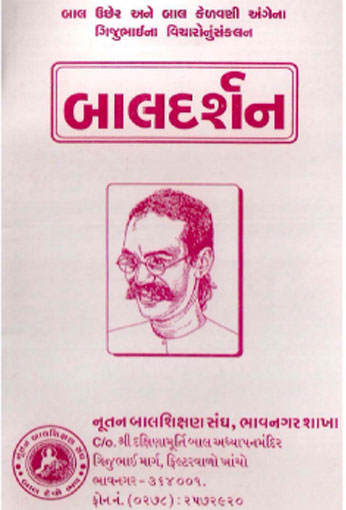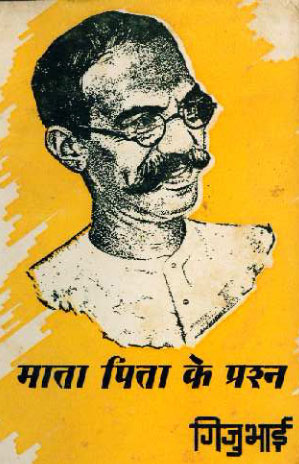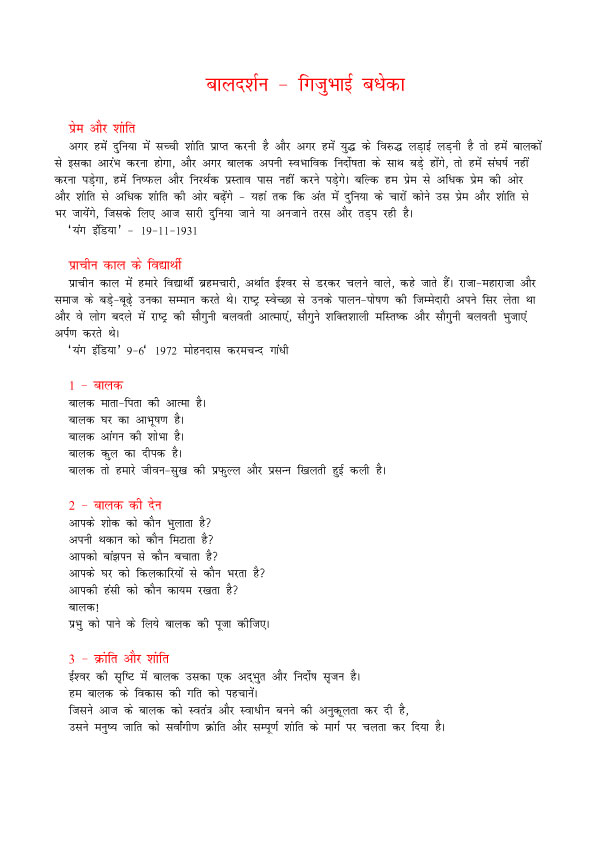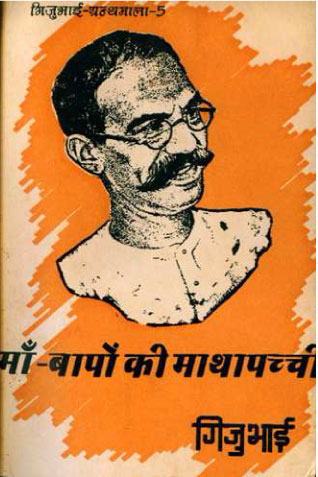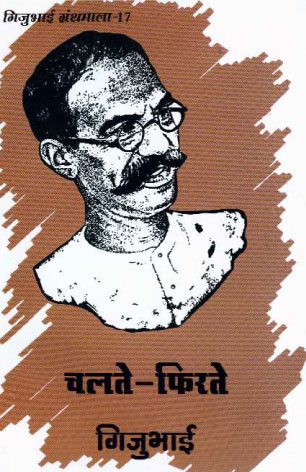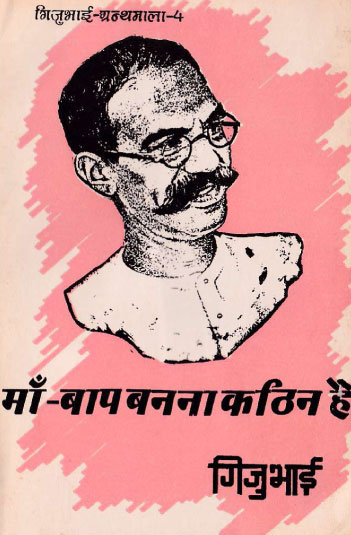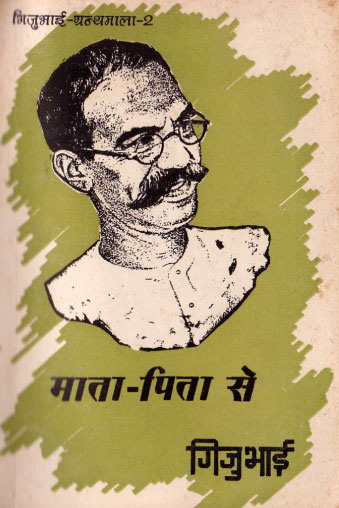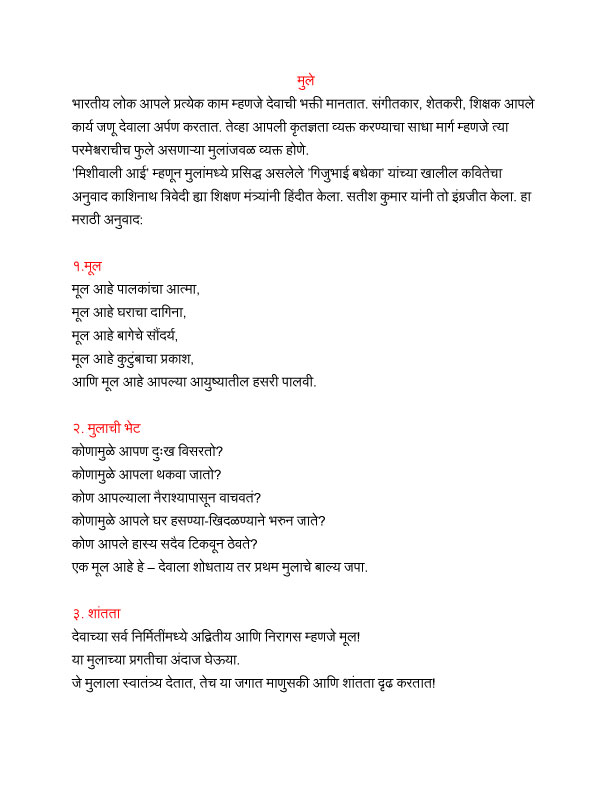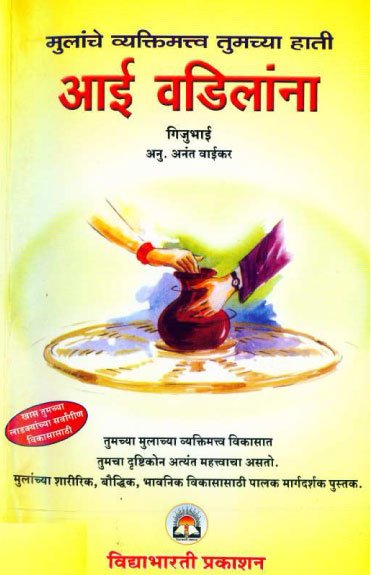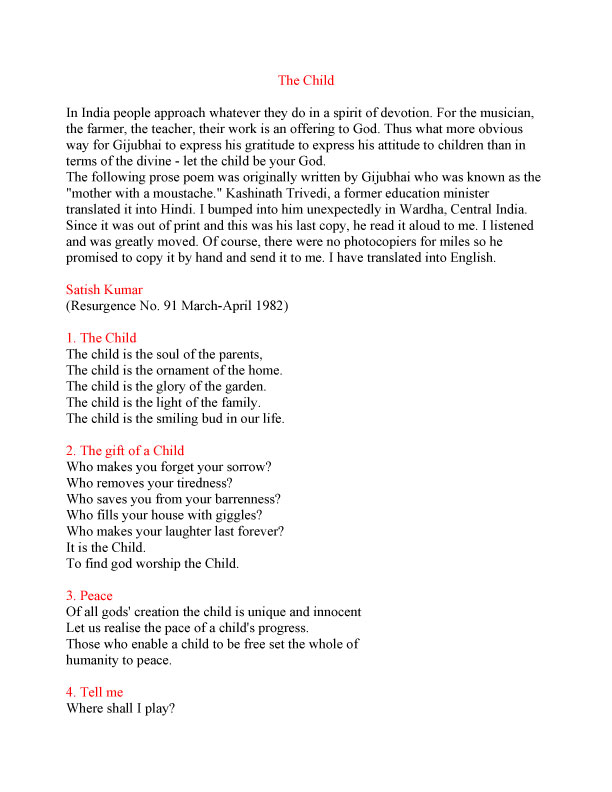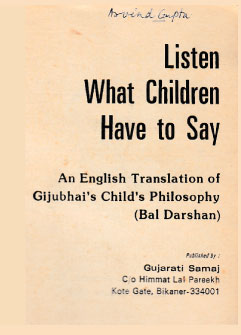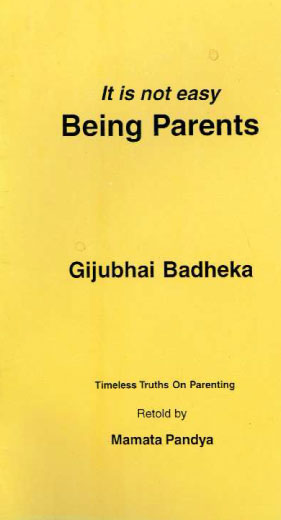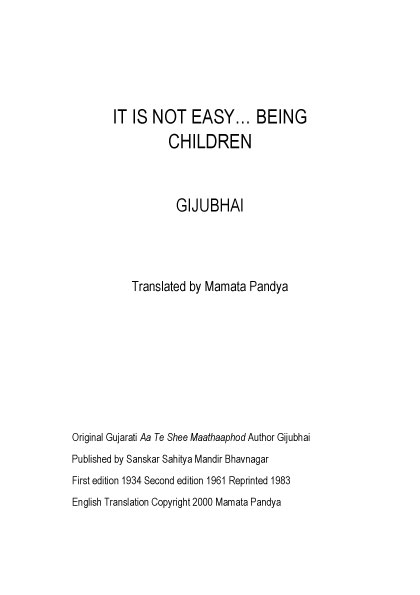Writing for Parents
With the opening of the Balshala in 1920 Gijubhai embarked on a systematic and sustained programme of experimenting with new approaches and methods to engage children in learning; but there was much more that was intended, and was gradually starting to happen. The child-centric philosophy looked at every aspect of child psychology and all-round development. As the children began to blossom in an environment of compassion, understanding and freedom, this was restricted to the few hours that they were in the Balmandir. They still went home to parents who believed in scolding and punishment; or were indifferent to them. In some cases the parents were suspicious, or even vocally unhappy, with the new kind of education.
Gijubhai knew that as long as this dichotomy existed, his efforts would be incomplete, and the children would be ones most affected. Unless the same principles of child development were applied both at home as well as at the Balmandir, the school would not succeed. He realised that it would have to be the work of the teacher to get parents interested and involved in their children’s development and education. Gijubhai took on this task. In his words:
We used to have meetings with parents of our Balmandir children. There would be a meeting with the mothers, and there would be one for the fathers. We used to begin by telling them that children were a precious gift from God, and it was our responsibility to care for them. Because we love them dearly, their well-being should be uppermost in our mind. We will not be doing them good by beating them, cursing at them, scolding them, or considering them as inferior. By our doing these things a child will become insolent. We will regret this later. Having told them this I would give them suggestions on how they could handle the children. The mothers used to listen and also share their difficulties, and I used to try and guide them. They used to say “It is easy to advise us but difficult to practise. No one likes to beat children; but when they are very troublesome, what else can we do?”
Gradually my talks with them started having some effect. The children were spared physical punishment, but occasionally a child would come and tell me that he had been beaten by his mother. I would write a note requesting her not to do so and she would be embarrassed. When they met me they would say that ‘you can manage so many children, we find it very difficult.’
In my talks I would talk about many things—that children should wear clean clothes; what kind of tasks they could be given at home, why they should not be left to roam in the street, and much more. There was a lot of preaching in the talks, but the mothers would listen, and try to apply the suggestions.
In case of the fathers I would try to explain the principles: Why this school was considered different, what were its key components and how they were beneficial. I had to stress that ultimately the children here would study, and that they would study by themselves which meant that they would really learn, learn for good, and would be able to apply what they had learned.
The mothers have faith and they follow with love; they face their challenges based on this. The fathers try to follow intellectually, they discuss rather than act; their confusions do not get easily resolved. But a home is made up of father and mother. Without the support and clear understanding of the father, a mother’s task cannot be completed. On the contrary, in case of a tussle between the two, everything is counterproductive. A child can grow only in an environment where both parents share a similar point of view. I needed the help of both parents, and I did get that. I used to get my talks printed and would give these to parents.
Dakshinamurti Quarterly 1926
Gijubhai was not satisfied with lectures and leaflets for the parents. He felt that this would not make a substantial difference until teachers went to the homes of students and saw their home environment, and had personal talks with the parents to discuss specific problems. He always felt that he could not give enough time for this, given his full-time preoccupation with the balmandir; but he tried as and when he could.
Gijubhai's observations of children and their responses to situations, his own experiments at home and in the Balmandir, and his dialogues with parents were all meticulously recorded and analysed. These were compiled and published as books specifically for parents. They are written in an unusual style—anecdotes of everyday activities at home, and common responses and reactions to these, from parents as well from children. Without being moralistic or preaching, they offer alternate responses and suggestions for handling situations. Even the titles are refreshing as well as comforting: Maa Baap Thavu Aakru Chhe (It is not easy being parents); Aa Te Shee Maathaphod (What a Headache This Is), Maa Baap ne (To Parents).
They remain to this day valuable sources of insights into child behaviour, guidelines for child upbringing and much food for thought.
Written by Mamata Pandya
Based on the original Gujarati sources:
Gijubhai nu Kelavni ma Pradan - Bharatlal Pathak, RR Shethni Company 2003. First published 1978.
Bal Shikishan Praneta - Gijubhai, Ramnarayan Pathak, Sanskar Sahitya Mandir Bhavnagar 1984. First published 1957.
Books for Parents
શાંત પળોમાં
(Shaant Paloma)
Reflections in quiet moments
Author: Gijubhai Badheka
Language: Gujarati
Format: PDF
માંબાપ થવું આકરું છે
(Maa Baap Thavu AAkru Chhe)
It is Not Easy Being Parents
On parenting
Author: Gijubhai Badheka
Language: Gujarati
Format: PDF
આ તે શી માથાફોડ
(Aa Te Shee Mathaphod)
What a Bother
On parenting
Author: Gijubhai Badheka
Language: Gujarati
Format: PDF
બાળદર્શન
(Baldarshan)
Collation of quotes on the child
Author: Gijubhai Badheka
Language: Gujarati
Format: PDF
माता-पिता के प्रश्न
(Mata Pita ke Prashna)
Parents' dilemmas on child upbringing
Author: Gijubhai Badheka
Language: Hindi
Format: PDF
बालदर्शन
(Baldarshan)
Collation of quotes on the child
Author: Gijubhai Badheka
Language: Hindi
Format: PDF
माँ-बापों की माथापच्ची
(Maa Baapon ki Mathapachi)
On parenting
Author: Gijubhai Badheka
Language: Hindi
Format: PDF
माँ-बाप बनना कठिन है
(Maa Baap Ban na Kathin Hai)
On parenting
Author: Gijubhai Badheka
Language: Hindi
Format: PDF
बालदर्शन
(Baldarshan)
Collation of quotes on the child
Author: Gijubhai Badheka
Language: Marathi
Format: PDF
Listen to what the children have to say
An English Translation of Gijubhai's Child's Philosophy
(Bal Darshan)
Author: Gijubhai Badheka
Language: English
Format: PDF
It is Not Easy Being Parents
Challenges of parenting
Author: Gijubhai Badheka
Language: English
Format: PDF
